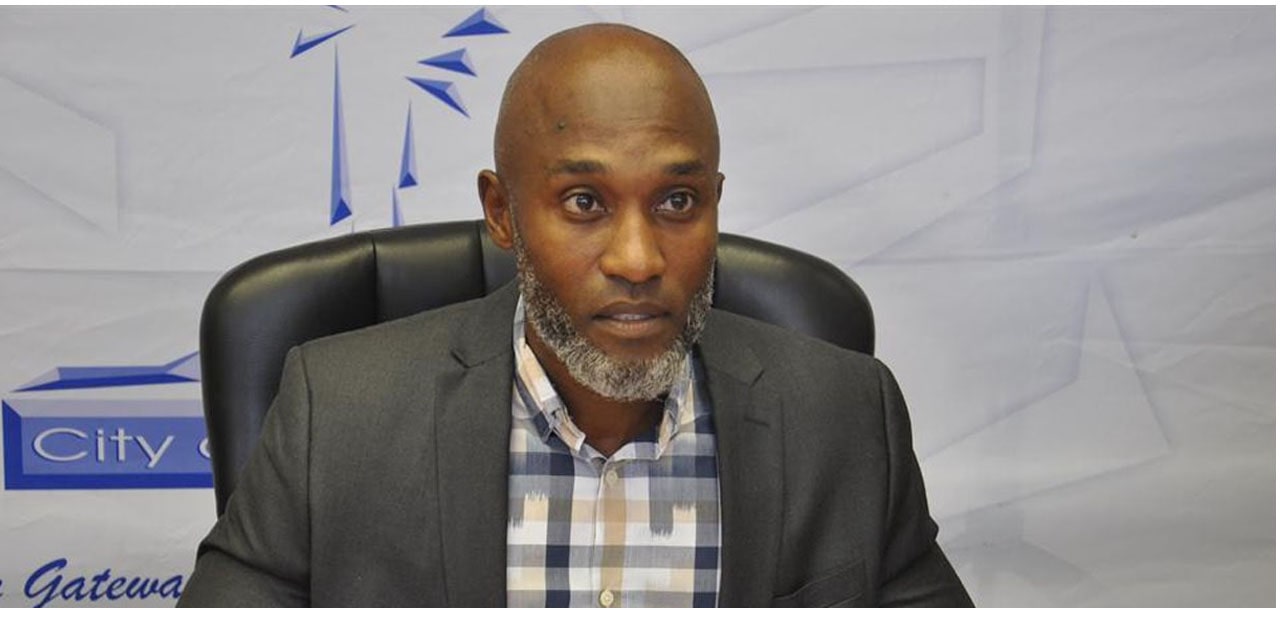Harold Bolla Akwenye
The City of Windhoek would like to assure its residents and the broader public that our tap water is not only safe for consumption but is also ranked among the safest and most advanced in Africa—if not globally.
Windhoek has long been a pioneer in sustainable water management, standing tall as the first city in the world to implement Direct Potable Reuse (DPR)—a highly advanced process where treated wastewater is directly returned to the drinking water network. Today, the Windhoek Goreangab Operating Company (WINGOC), which oversees the city’s state-of-the-art purification facility, continues to set global benchmarks in water recycling and safety.
With a capacity to purify 21 million litres of water per day, the facility provides nearly a quarter of the city’s daily water demand, supporting a population of around 500,000. Given Namibia’s arid climate and Windhoek’s location between the Namib and Kalahari deserts, this system is not only innovative—it is essential.
How safe is our water?
The water that reaches your taps undergoes a nine-stage purification process that exceeds World Health Organization (WHO) standards. This includes:
• Advanced flocculation and filtration to remove solids and impurities
• Ozonation—a powerful disinfection stage where ozone gas destroys bacteria, viruses, and even trace pharmaceuticals
• Ultrafiltration membranes with pore sizes as fine as 20 nanometres (0.00000002 m)
• Activated carbon filtering and chlorination to eliminate chemical residues and ensure water remains safe during distribution
Each stage uses a multi-barrier system to tackle contaminants, with built-in redundancies for maximum safety. For example, where one process reduces pathogens by 99.999%, a second system ensures the job is completed.
Constant monitoring for your peace of mind
Our water is monitored in real time across several points, and tested by independent laboratories. Should any irregularities occur—be it in pH, turbidity, or chlorine levels—the system automatically adjusts, recycles, or halts distribution to avoid any risk.
“We can’t afford any mistakes,” says Thomas Honer, Managing Director of WINGOC. “Each drop of water is tested with precision, and every purification step is backed by science, technology, and international best practice.”
A global leader in water security
Experts around the world regard Windhoek as a model city for water resilience. Our experience in direct potable reuse has inspired cities facing similar climate challenges. With decreasing rainfall due to climate change and an ever-growing population, Windhoek is preparing for the future by investing in additional water recycling infrastructure to bolster long-term supply.
It is also important to note that since 2002, the City has made use of non-drinking grade greywater for irrigating public spaces such as schools, parks, and sports fields—helping conserve drinking water without compromising public safety or comfort.
Our commitment to you
The City of Windhoek remains committed to delivering clean, safe, and sustainable tap water to every resident, every day. Our system is globally recognized, environmentally sound, and constantly improved to adapt to changing needs.
So next time you pour yourself a glass of Windhoek tap water, do so with pride. It is not only safe—it is world-class.




